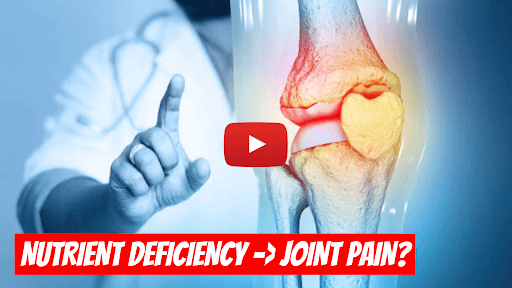Is Tartar HOLDING Your Teeth In Place? (Calculus Bridge Explained)
Tartar, also known as calculus, is hardened plaque that builds up on teeth, often becoming a ‘calculus bridge’ across multiple teeth. This issue primarily arises due to inadequate daily oral hygiene and absence of regular professional cleanings.
- Tartar is mineralized plaque trapping bacteria.
- Calculus bridge can form on lower front teeth.
- Nearby salivary glands and mouth breathing may increase plaque buildup.
Many fear that removing tartar might loosen their teeth. However, tartar, being a bacteria trap, contributes to dental diseases that deteriorate the bone surrounding the teeth.
“Tartar may temporarily hold your teeth in place, but it is what causes them to become loose.”
Professional evaluation and cleaning are crucial. Dentists assure patients of the procedure beforehand, examining conditions to minimize surprises.
Dentists determine whether your condition requires a regular cleaning or more intensive scaling and root planing, considering the severity of the calculus bridge and existing gum disease.
Failing to address tartar-related issues leads to escalating bone loss. This progression could eventually result in tooth loss, making it critical to embrace regular dental care.
- Untreated tartar leads to gum disease and bone loss.
- Routine cleaning prevents severe dental issues.
Proper home dental care, combined with scheduled professional cleaning, is essential for preventing plaque and tartar from reaching harmful levels.
- Brush and floss regularly, including interdental care.
- Water flossers can aid in effective plaque removal.
Consider accessing guides like the free oral care action plan mentioned by the proponent, aiming to maintain healthier smiles and prevent future complications.
The ultimate goal is not only a bright smile but also improved overall health, as dental health is intricately linked with conditions such as heart disease and diabetes.
From Around The Web
Wellness Inbox is a blog & weekly newsletter that curates trending news and products related to health and wellness from around the web. We also gather content from various sources, including leading health professionals, and deliver it directly to you.
Please note that we may receive compensation if you purchase any products featured in our newsletter. Wellness Inbox is not affiliated with, nor does it endorse, any health professionals whose content may appear in our newsletter. The information provided is for general informational purposes only and should not be considered medical advice.
The information provided is not intended to replace professional medical advice, diagnosis, or treatment. All content, including text, graphics, images, and information available is for general informational purposes only. We do not guarantee the accuracy or completeness of any information presented and assume no liability for any errors or omissions. The content is subject to change without notice. We encourage you to verify any information with other reliable sources and consult your physician regarding any medical conditions or treatments.







